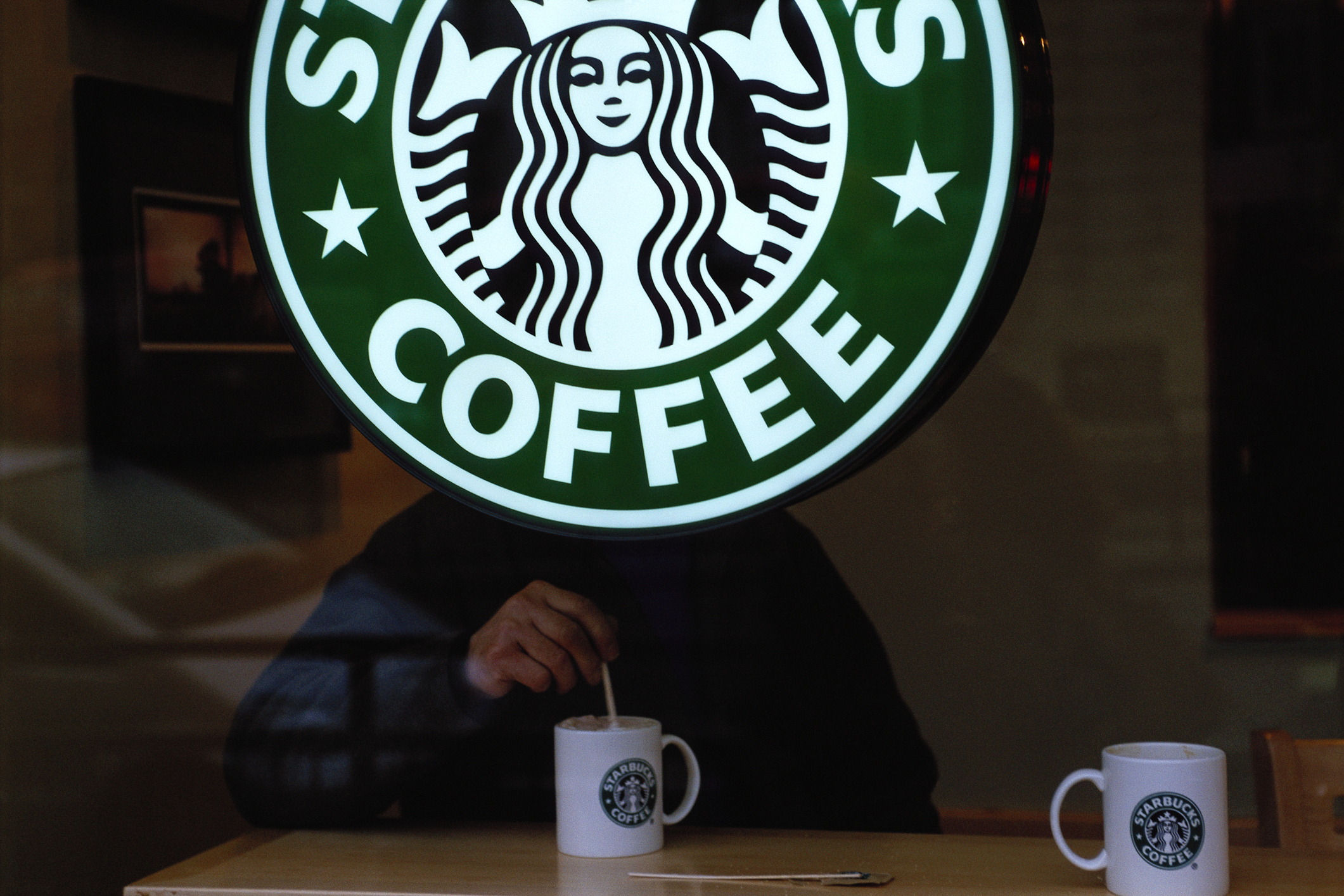Thousands of Starbucks baristas across the country are planning to strike on Thursday, one of the coffee giant’s biggest sales days of the year, as part of organizers’ longterm fight for better wages, benefits, and the right to bargain.
Starbucks Workers United, the company’s union that represents some 9,000 employees at 360 stores, is staging a walkout on Red Cup Day, an annual promotional event where customers in Canada and the U.S. who purchase at least one holiday beverage receive a reusable red cup. All merchandise is limited edition and handed out on a first-come, first-serve basis, typically causing shoppers to flock to stores.
[time-brightcove not-tgx=”true”]
“We see that you’re still not bargaining and we won’t work unless you provide us respectable conditions to work in,” says Moe Mills, a 25-year-old shift supervisor based in St. Louis. “We are the ones who make [you] all of this money on these record breaking profit days for your company. We have worked here for years. We like our jobs, we know how to do them well… so either meet us at the bargaining table and give it to us, or you’ll see us outside.”
This year’s “Red Cup Rebellion” is a continuation of the walkout union workers staged in 2022. But this year, organizers are inviting customers to “hold solidarity actions outside of non-union Starbucks stores to demand Starbucks respect union rights.” Double the number of stores are expected to shut down this year, and more than 220 events hosted by allies are expected to be held across the country, according to the Starbucks Workers United site. Students in college campuses including the University of Washington—which is located in Seattle, where Starbucks is based—and Georgetown University plan to show their solidarity with workers by either marching or serving union-brewed coffee on campus, according to a Starbucks Workers United press release.
Read More: How Gen Z Baristas Are Spreading the Starbucks Unionization Effort
“Despite escalating rhetoric and recurring rallies demanding a contract, Workers United hasn’t agreed to meet to progress contract bargaining in more than four months,” Andrew Tull, a Starbucks spokesperson, told TIME in a statement. “As we join together to uplift the holiday season and reflect on the past year, we again call on Workers United to fulfill their obligations and engage in the work of negotiating first contracts on behalf of the partners they represent.”
A Red Cup Rebellion campaign spokesperson said that organizers have never denied a bargaining meeting. “It wasn’t until workers started to truly build power through a massive upsurge in organizing that Starbucks unilaterally and illegally decided that it would walk away from negotiations if a bargaining committee member observed virtually,” the spokesperson said.
‘Everyone got hurt in that situation except for Starbucks’
Two Starbucks workers who spoke to TIME expressed frustration at the lack of support for patrons who worked on special promotion days when customers can get free or discounted goods, leading to longer service lines. The union’s press release also cited special promotion days, as well as scheduling issues. Mills says that while last year’s strike focused on the general right to bargain, Thursday’s action specifically focuses on addressing short staffing.
Neha Cremin, 25, has been working at Starbucks for four years and says that promotion days are especially difficult for baristas. “We’ve got drive thru orders going off, mobile orders going off, delivery orders going off, walk up orders going off—and we’re not given any extra staffing,” she says. Cremin adds that because workers are struggling to meet demand in a timely manner, it often creates chaos in the store. “There’s ice all over the floor, the floor is wet, we’re running around with hot beverages… And it’s just unsafe.”
Mills agrees. “I can’t imagine paying $12 for a drink and sitting in the cafe that’s crowded, standing room only, waiting for almost an hour for that beverage,” they say. “Everyone got hurt in that situation except for Starbucks. Starbucks made all of that money off of those customers and off of its workers.”
Read More: Barista Jaz Brisack Took on Starbucks—and Won
Since the first Starbucks location unionized in December 2021, the corporation has launched an aggressive union-busting campaign. The National Labor Relations Board (NLRB) has charged the coffee company with more than 20 violations of federal labor law, CBS News reports. That includes violating the law hundreds of times when it unjustly laid off workers who wanted to unionize, an NLRB judge ruled in March. It also includes a recent September ruling where a separate judge found that the corporation violated regulations when it only increased wages and added new employee benefits for non-union employees. Starbucks has since appealed that ruling, saying that current NLRB standards don’t allow employers to make universal changes for union workers.
“Starbucks has invested more than 20% of the profits from fiscal year 2023 back into the partner experience through wage increases, training, and new equipment,” Tull said. “Coupled with higher wages and the expansion of hours, these investments have not only resulted in lower turnover, more meaningful improvement in our customer connection scores year-over-year but have also nearly doubled hourly total cash compensation since fiscal year 2020.”
Workers like Mills and Cremin are hoping that corporate leaders at Starbucks listen and deliver union workers a contract. “They are causing themselves more harm than good by ignoring us. And they’re also losing money on these big national strikes,” Mills says. “If we didn’t like our jobs, we wouldn’t put in the hard work and organize our workplaces. But we love this job, and we see what this company could be. And we are trying to make it better.”

